Readers, I have to ask your pardon early. I turned in my first round of book edits on Monday, and my brain is still recovering. It knows that I have to write this post, but absolutely refuses to help me out with any witty turns of phrase or metaphors. (Seriously—I tried to cobble together a metaphor about my writerly gas tank being empty, but I couldn’t get it to, um…drive? You see what I mean.) I guess I’m lucky that I’m still able to write a coherent sentence at all at this point.
That said, Melanie’s post on Monday about working through first pass pages got the 1% of my brain that still works thinking. In this business, it’s great to have compatriots a few steps ahead of you in the process so you can get some idea of what to expect in the future. Many EMUs have already wisely posted about the revisions process that I just went through…but I figure that adding one more voice to the mix can’t hurt. So without further ado, and in handy question-and-answer format, I give you:
What to What to Expect When You’re Expecting an Editorial Letter!
1. Question: I just sold my first book, hurrah! When will my editorial letter arrive?
Answer: It varies—a lot. An informal poll of EMUs gave a time range of 2-10 months. Publishing schedules and how busy an editor is definitely affect this number. My own letter took about 4 months to arrive, which was perfect for me since it gave me enough distance from the story to be able to really rip it up when it came time to revise.
🙂 Note: You should know that the time frame in which an editor promises you will have your letter generally has no correlation with when you actually receive your letter.
2. Question: What will my editorial letter look like?
Answer: That varies, too! For novels, I’ve heard of editorial letters as short as 3 pages and as long as 24. (Though for some reason, they are always, always single-spaced.) Some editors like to put lots of detail into the actual letter, whereas some like to write more on the manuscript itself. Some will hand-write notes on the manuscript and mail it to you, and some will insert comments electronically and e-mail the file. Some might even ask you which you prefer.
🙂 Note: A short editorial letter does not necessarily mean that you have less work to do. My letter was on the short side, but I had margin notes on almost every page of the manuscript and managed to fill 6 weeks with rewrites.
Which leads us to the next question…
3. Question: How long will I have to work on my edits?
Answer: 1-2 months seems standard for the first round, based on what I’ve heard from other writers and my own experience.
🙂 Note: But that’s only the beginning! There will be a second round of revisions that’s usually a bit shorter, and there’s often a third round after that, too.
4. Question: How extensive will my revisions be?
Answer: A lot more extensive than you thought! There is almost no getting around this. Considering that you probably already rewrote and revised your manuscript a bazillion times before signing with your agent, then again before going on submission—and maybe again before it was acquired—you might be under the false impression that it’s in pretty good shape. After all, a publishing house has bought it, and your editor seemed really effusive about it when you spoke with her on the phone!
But your editor is an editor for a reason. He (yes, I’m mixing pronouns here, but hey, an editor can be male or female!) is going to call you out on every last detail that you were too lazy to flesh out in previous drafts. She is going make you look hard at every arbitrary decision you’ve ever made about your story. He is going to ask you questions like “Why does the action take place over a year when it could easily be condensed to three or four months?” (And no, “My BFF J.K. Rowling’s books all took place over the course of a year, so I thought mine should, too” is not an acceptable answer.)
You will not answer these questions with justifications. You will answer them by fixing the problems, no matter how much rewriting that entails.
So, prepare yourself—and be grateful that a professional is devoting so much attention to your story! The process can be painful, but the work is making your book so much better.
🙂 Note: How much your editor seemed to love your book when they acquired it generally has no correlation with how much work they will make you do on it come revision time.
***
Well, there you have it—a mildly coherent summary of this step of the process from someone who’s just been there. If you’re an author waiting for your first editorial letter, I (and my fellow EMUs, I’m sure!) wish you luck, fortitude, and inspiration. And if you’ve already been there and have something to add, please leave a comment with your experience!


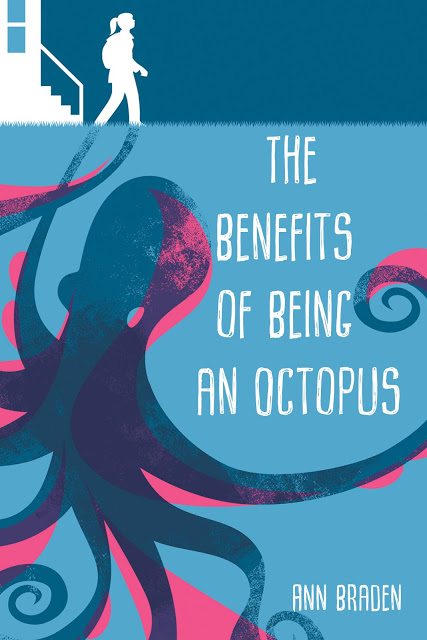

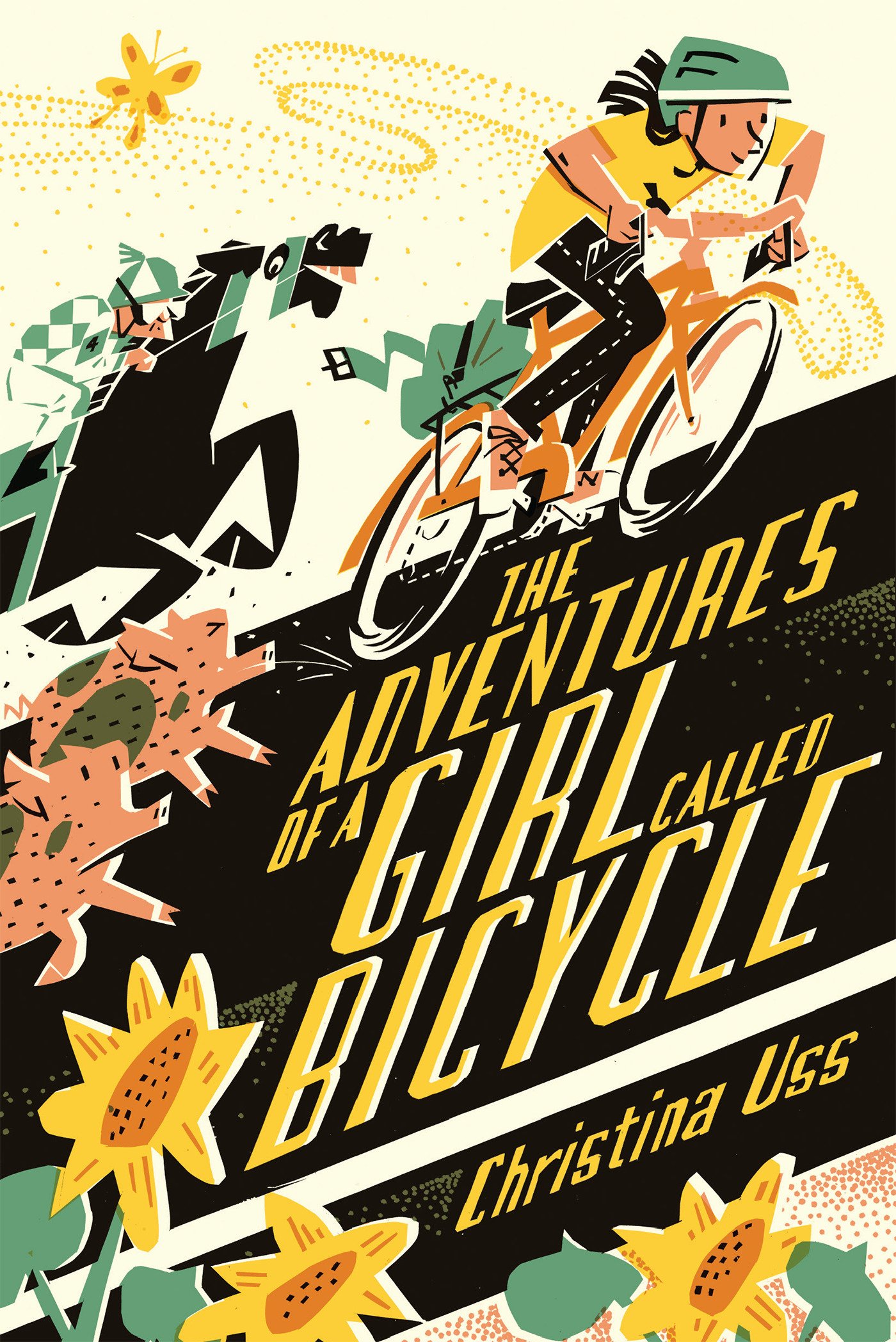






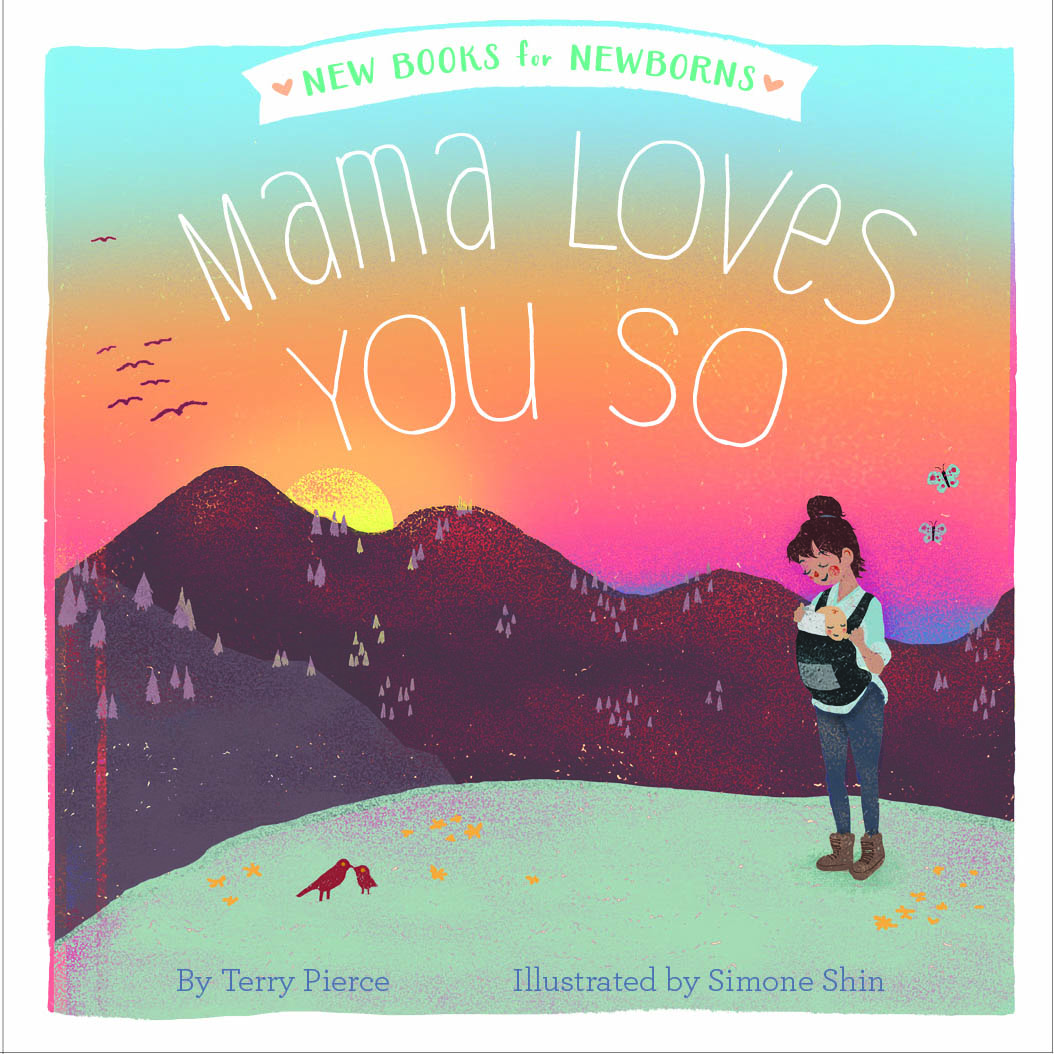
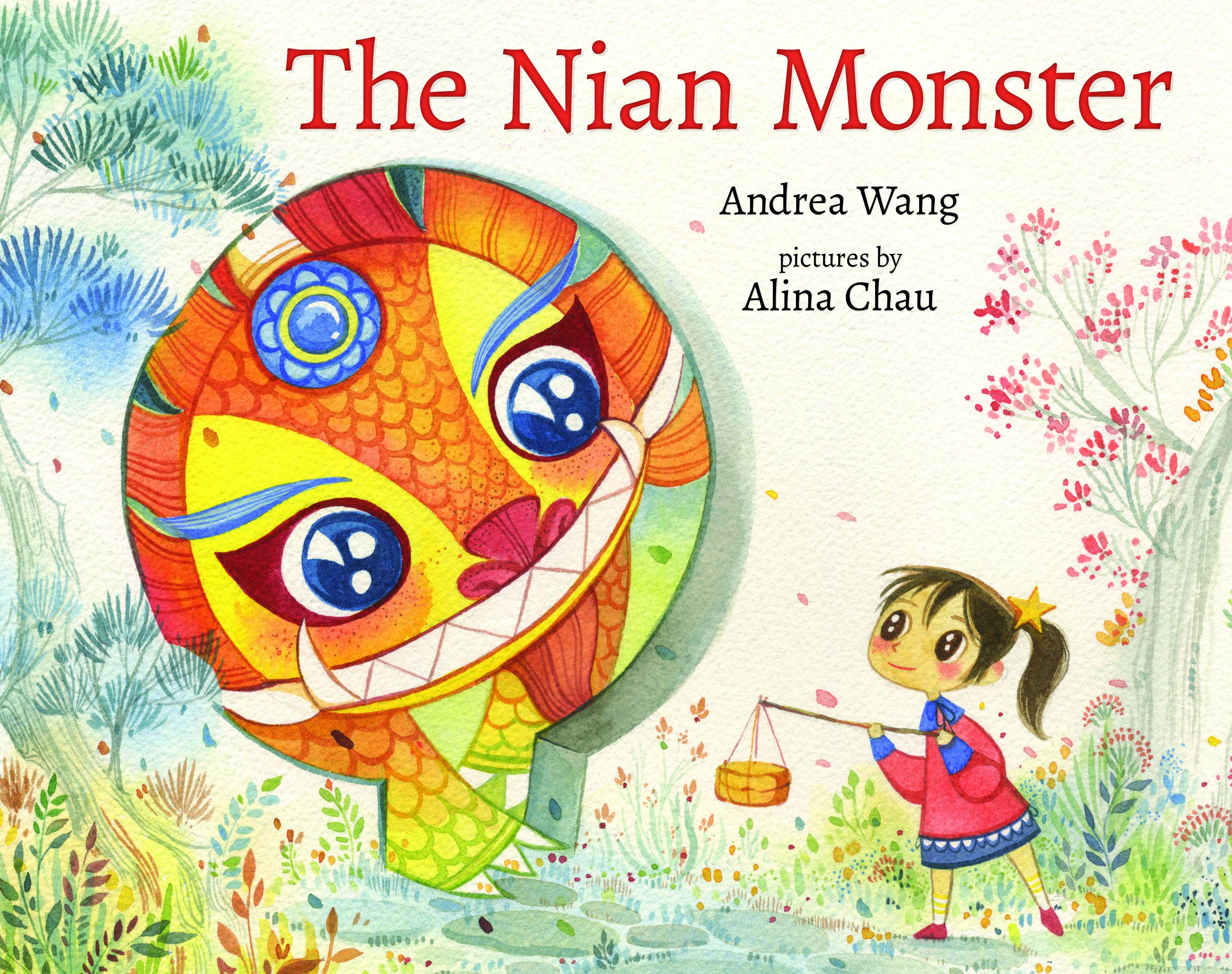
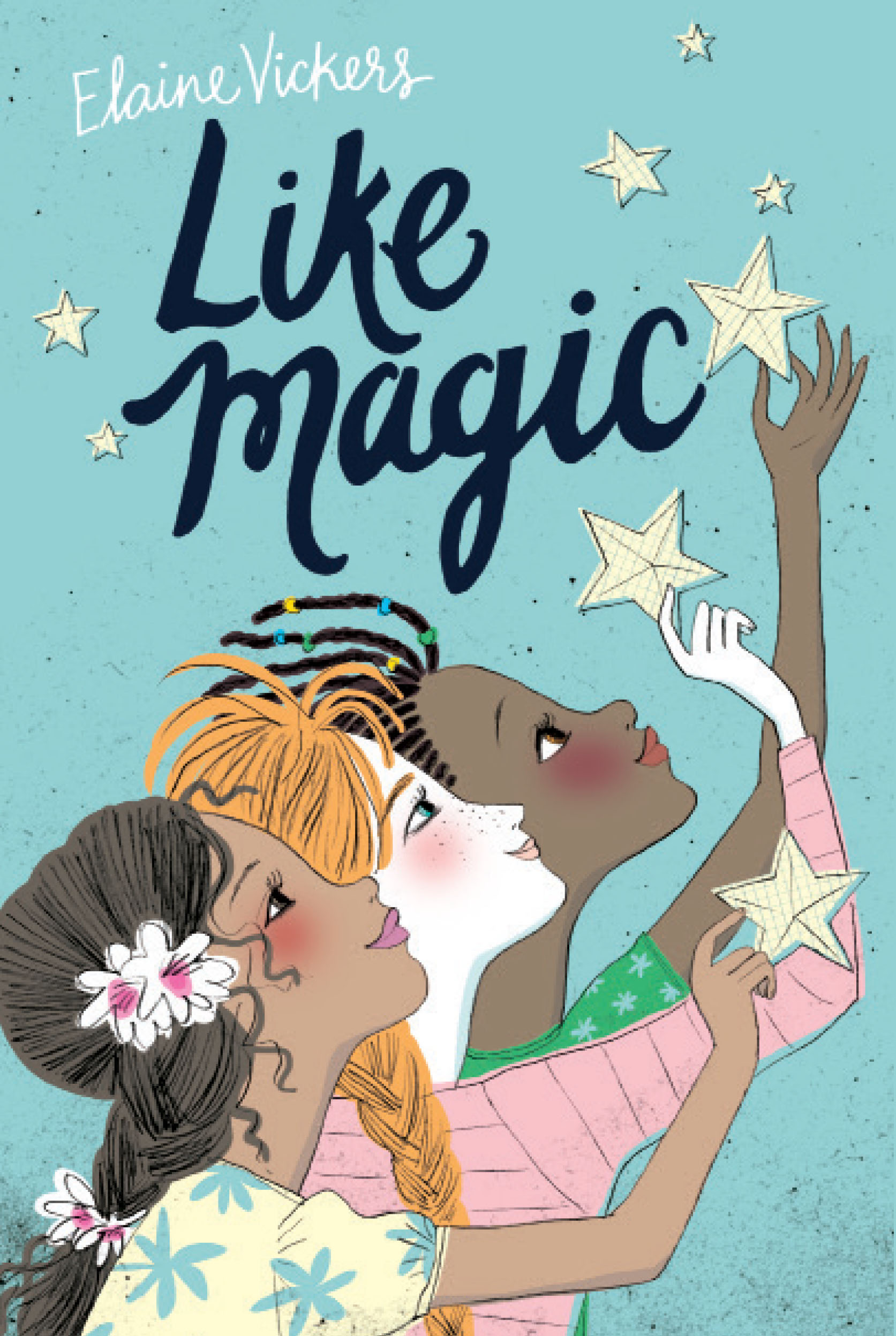
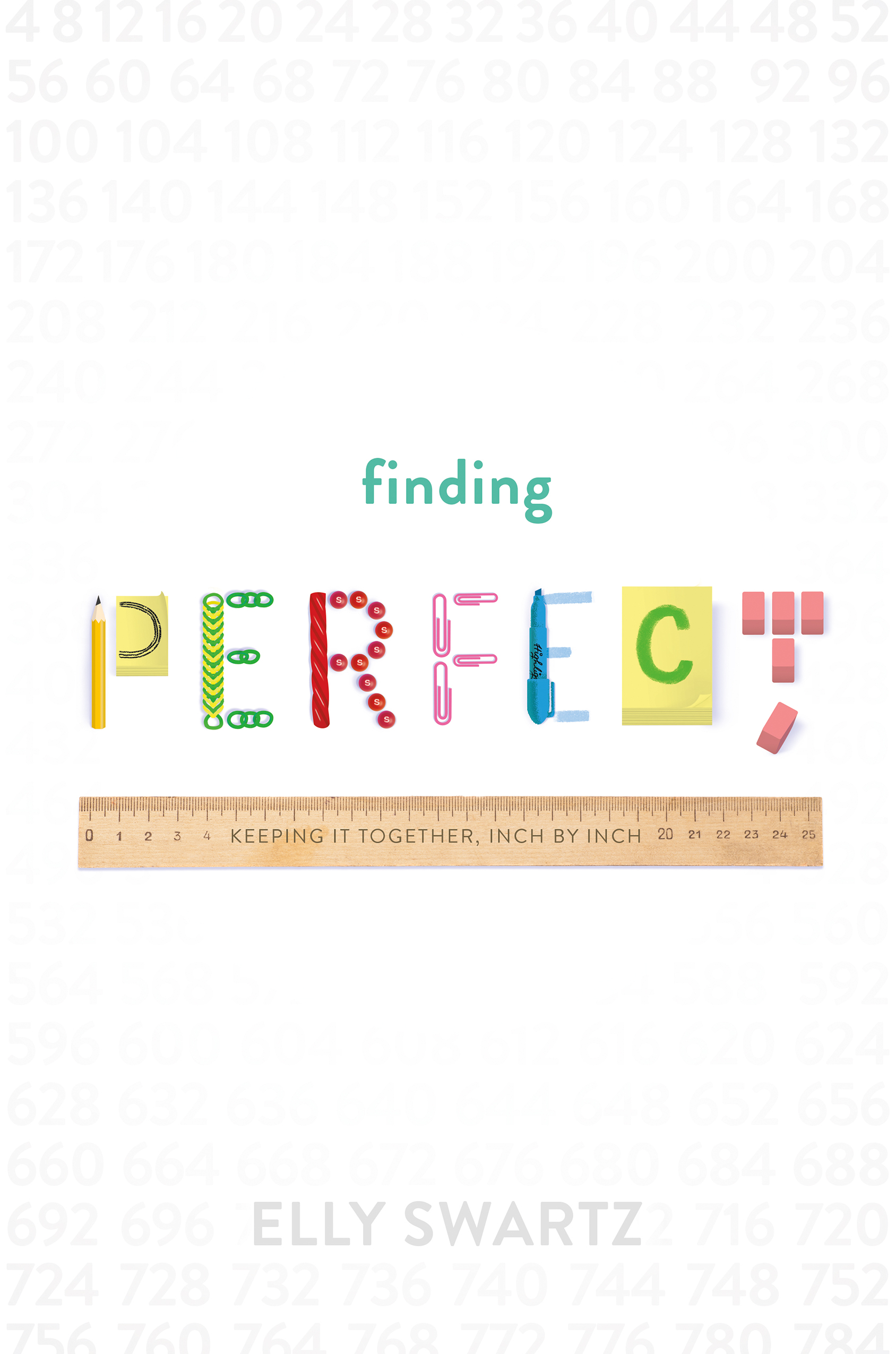
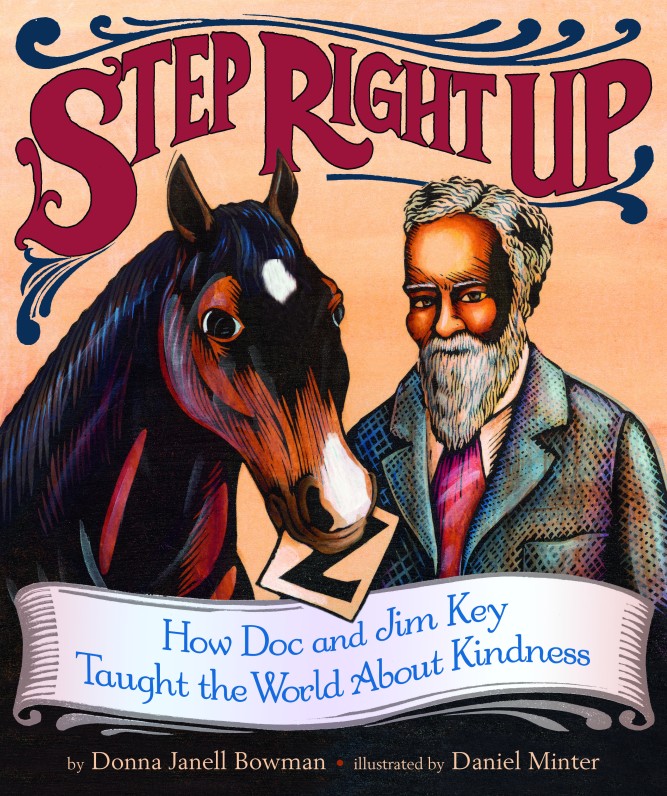
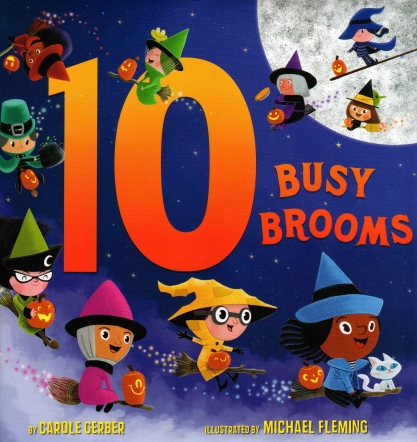

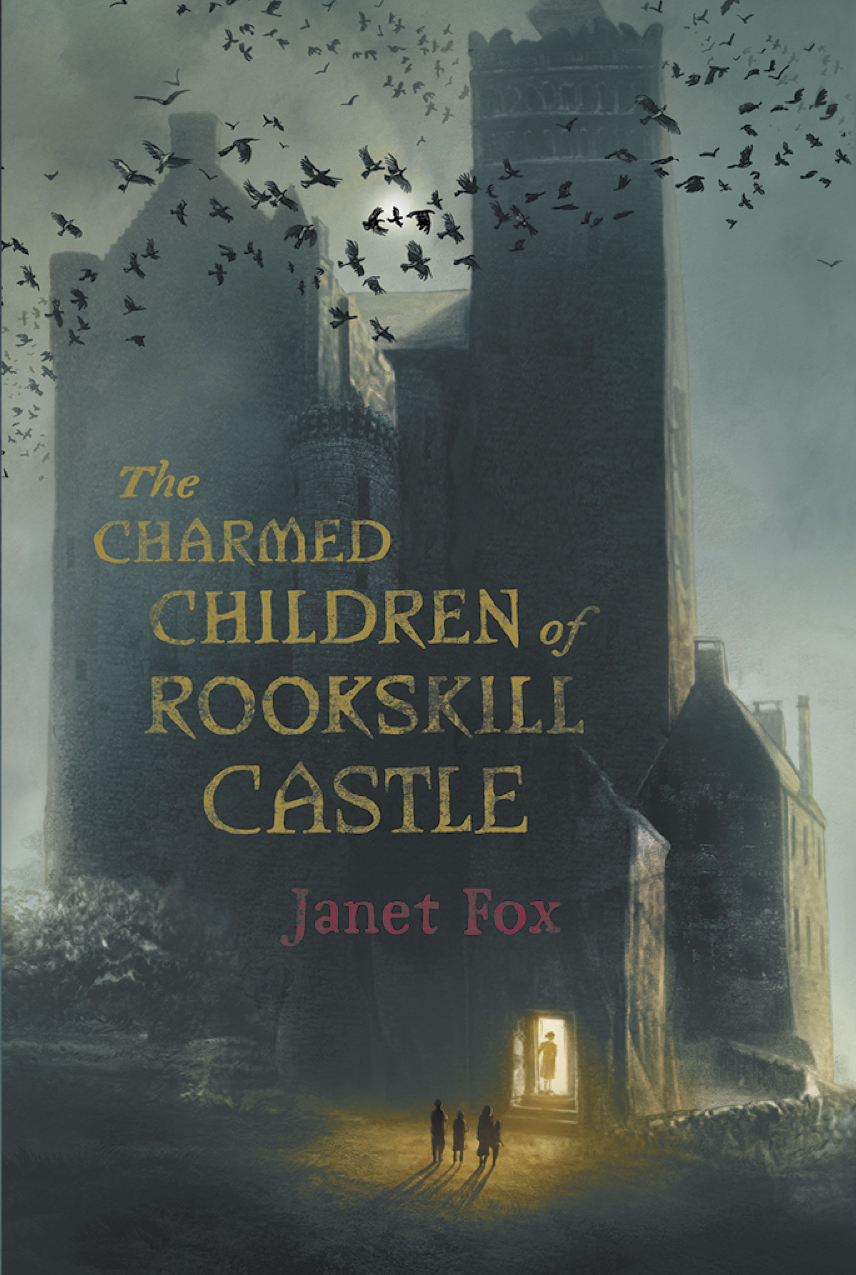
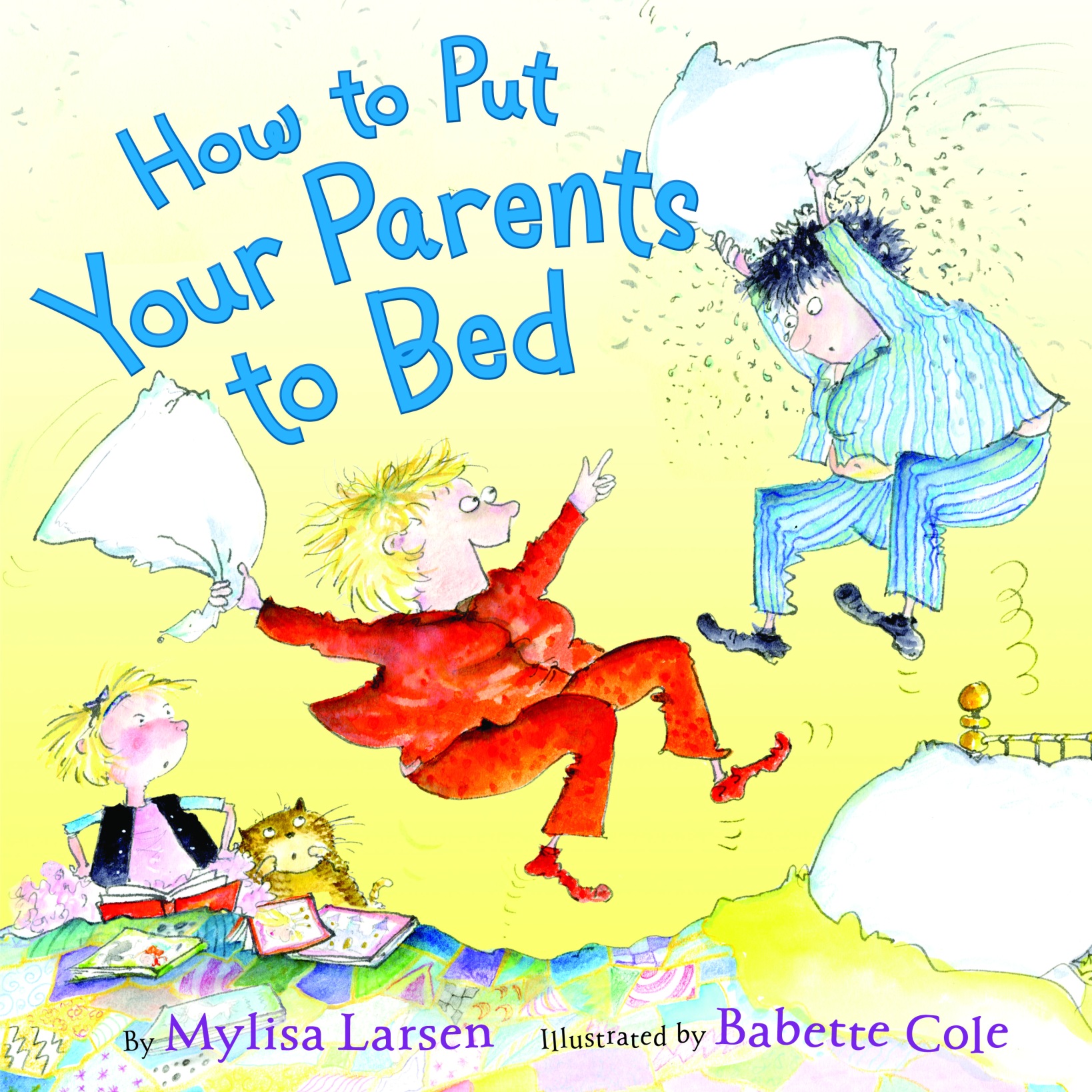



Great post,Tara. Very informative and wonderfully coherent.
LikeLike
Really interesting post – thanks for sharing!
LikeLike
This is my first time reading your blog, and I’ll say that the title makes up for any lack of effective metaphors that others might be EXPECTING. 😉
LikeLike
I love your comment about time. I’m wishing I had thought to use the J.K. Rowling excuse at some point. I’ll have to work that in later.
In my revision process, my editor pointed out that I tracked the passage of time well in the first half of the ms., but she lost a clear sense of it in the second half, and could i tighten that up. So, I went in and tracked the passage of days and weeks mentioned in the second half and discovered that I had placed the ending in August, but enough days had passed that it should actually have been October. I had had at least ten people read the ms. and no one had noticed that. I was very glad she did, because it would have been embarrassing to discover after publication!
LikeLike
Jeannie, ha! I seem to have the exact opposite problem, in that I was always having weeks pass between the important parts of the story, trying to stretch it out. Lucky us that we have these detail-oriented editors to call us out on this kind of stuff, huh? I think that I have created at least three Google calendars at this point, trying to track the action in my story…
LikeLike
I do that, too! I write my calendars out, but maybe I’ll try a Google calendar next time. It would make revising the timeline simpler. Less unsightly scribbling… 😉
LikeLike
Pingback: New post up at EMU’s Debuts | tara dairman
Great post, Tara! Crossing my fingers I can someday look to your wisdom on my own journey!
LikeLike
I think your creativity is intact, even if it’s at a low momentarily. After all, it takes Monet to buy the gas to make the Van Gogh.
…and with that bad joke, I think I’m glad I’m commenting as a fictional character instead of myself lol!
LikeLike
” …is going to call you out on every last detail that you were too lazy to flesh out in previous drafts. She is going make you look hard at every arbitrary decision you’ve ever made about your story.”
Love this!
And while deep in the throes of pre-submission revision, I find myself saying at one lazy point in the process or another, “It won’t matter.” But I guess it does!
Great post, Tara!
LikeLike
Thanks for the comment, Jean!
I feel like the best rule of thumb is to make your book as good as you possibly can on your own at every step in the process–prequery, presubmission, etc. For my book, the stuff that has slipped through to this point is stuff that I probably realized on some deep level wasn’t quite right, but had no idea how to fix until someone gave me some guidance. Thank goodness for my savvy editor pointing me in the right direction. 🙂
LikeLike
Thanks, Tara, for giving us the nuts and bolts of the revision process of a novel. The time waiting for the first editorial letter must be excruciating–I was surprised it could be up to 10 months!
I kept my picture book dummy with all the editor’s notes and it’s fringe of colorful post-it notes. It’s a quick visual demonstration to kids about the extent of the revision process.
LikeLike
Thanks, Mary! I’ve been showing my marked up, heavily Post-it-ed manuscript to my writing students as well. I think that it helps put things in perspective when I ask them to revise their own short pieces!
LikeLike
Great post! And perfect title! Love hearing how different everyone’s experiences can be. And good to know the editorial experience can vary so much. Always a unique adventure!
LikeLike
What a wonderful and informative post! Thanks so much for shedding light on the editorial letter. Hopefully I’ll have to face one of these bad boys one day 😉 Have a great time in Iceland!
LikeLike
Wow, if this is incoherence, you must be writing dissertations when you’re at full capacity. 🙂 I’m sure a lot of newly contracted writers will find this post super helpful.
LikeLike
Love this post! Thanks so much for the insight, Tara 🙂 I can’t wait to be able experience this firsthand!
LikeLike
I’m so nervous! But thanks for going first :0)
LikeLike
Thanks for this great post! It definitely helps illuminate the road ahead for me. I just got my book deal, so I’ve got a couple months still to wait for my editorial letter, I’m sure. I know I’ll be super busy revising when it gets here. Any advice on what to do now while I have the time on my hands and am itching to do something productive? Is there anything you wish you’d taken care of before getting your edit letter?
LikeLike
Hey. Mary Elizabeth–very belated congratulations on your book deal!!
I’m not sure what I can advise other than to work on your next WIP if you have one. I enjoyed having a mental break from the manuscript to be edited. Good luck!
LikeLike
Pingback: The Second Time Around | EMU's Debuts